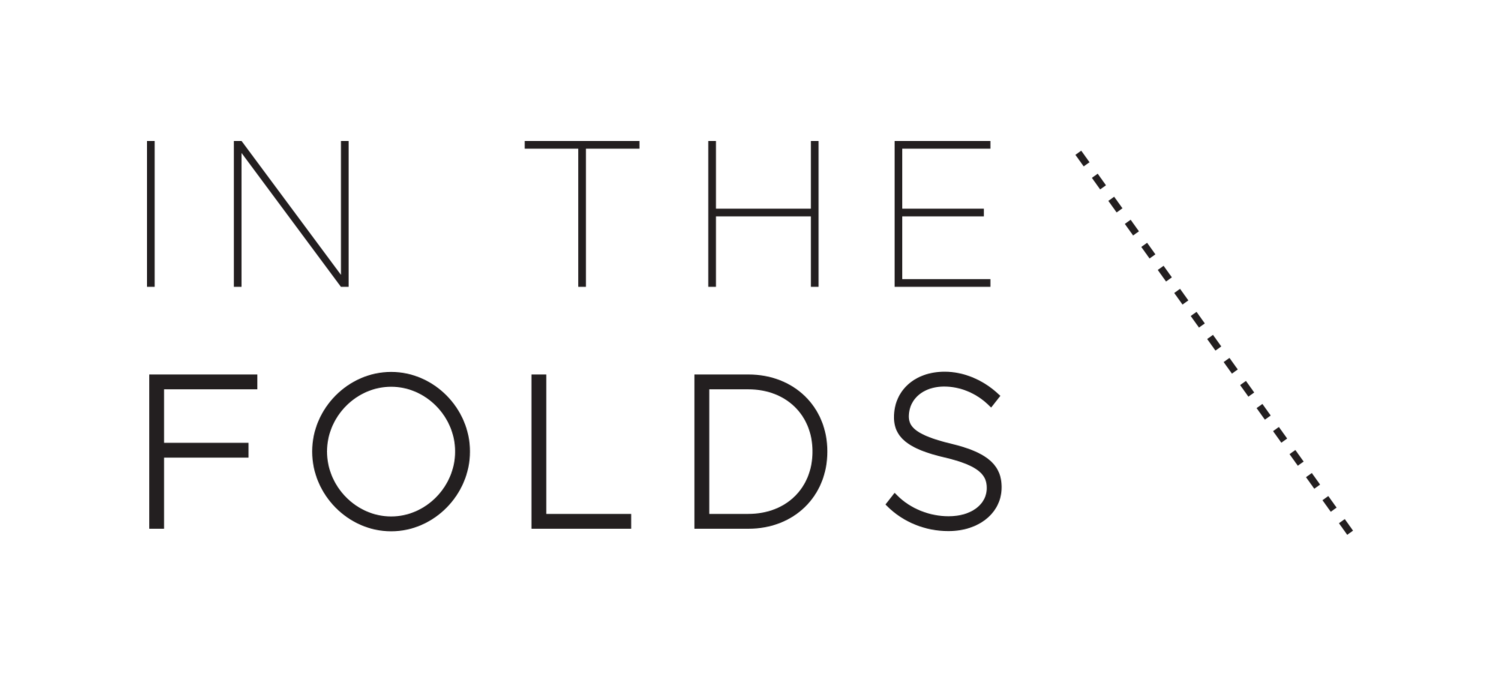Last year I had all these grand ideas for what I wanted to do for Fashion Revolution Week. As is the case with a lot of my grand plans, I realised that I had left it too late and there was far too much to do for me to get it happening in time. So I went for second best (or what I thought was second best at the time) and decided to run a little Instagram photo challenge. I have seen a lot of them run very successfully, and I knew it was a good way to spread the word and raise the profile of an issue, so I quickly made some daily prompts and put it on Instagram with the hashtag '#makersforfashrev' to let people know what it was all about.
Oh boy was I surprised when people started sharing it and putting the hands up to take part too! Suddenly it wasn't just me, but countless makers from all around the world, jumping on board to spread the word. As of today there are 1 378 posts with the hashtag. I was thrilled to see others thought it was an important issue to discuss too.
I still love the idea of hosting some kind of event for Fashion Revolution (maybe next year), but I also appreciate the incredible power of the internet. From my little studio here in Sydney I can spread the word about Fashion Revolution far further than I could by hosting a class or an event, and for now, that's exactly what I plan to do!
What is Fashion Revolution?
So if you are new around these parts, or have not come across the Fashion Revolution movement, you can check out my blog post from last year to get an overview of what it's all about.
In short, what it's about is asking 'Who Made My clothes?' It is about questioning working conditions, work practices and the overall impact the fashion industry has on people and planet.
The reason I thought it was important for makers to get on board spreading the word about this issue is that we are the ones making our own clothes. We appreciate the time it takes to make clothing and the skill required to do so. Why should the garments handmade by us be valued, appreciated and worth more than the garments handmade in a factory in a third world country? They shouldn't be. All clothing is made by hand and this needs to be remembered and never devalued or discredited.
We have the power to spread the word amongst our friends, and communities, to promote and acknowledge that clothes are valuable and use valuable resources to create them. We should love them, take care of them and nurture them. We should keep them out of landfill at all costs. We should also question the working conditions of those who make them for us.
#MAKERSFORFASHREV
To promote this amazing movement amongst the making community online I have decided to host another photo challenge on Instagram for the week of Fashion Revolution (24-30 April). Although some of us may not buy our clothing from retailers, there is still a lot we can do to encourage change, and I would love if you help me spread the word (and maybe even encourage more people to start making their own clothes).
WOULD YOU LIKE TO JOIN ME?
Each day during Fashion Revolution Week, I will post a prompt on Instagram to promote thoughts, discussion and inspiration related to a particular aspect of the revolution. If you would like to play along, simply use the hashtag #makersforfashrev, as well as the official Fashion Revolution hashtags - #FashRev and #whomademyclothes - this way we will all be able to find each other. I'll choose my favourites each day and do a little round-up! You can find me on Instagram @inthefolds.
If you would like to let the world know you are taking part you can post the image above on your blog, Instagram or Facebook page. The further we spread the word, the better!
WHAT CAN WE DO AS MAKERS TO INFLUENCE CHANGE?
- Slow down! Do you really need all those clothes? Take your time to make one beautiful garment instead of five hurried makes. Spend extra time by working on beautiful finishes or decorative techniques. Use your making time to upskill rather than fill your wardrobe with more and more.
- Make for others when you have enough in your wardrobe.
- Use sustainable materials to create products.
- Teach others your skills. Encourage others to make their own clothes.
- Work out ways to reduce waste (this could be in relation to your studio / office space, the packaging you use to wrap or post your products, etc.)
- Recycle whenever possible
- Consider using second hand whenever you can (I use second hand fabric for the majority of what I sew)
- Make plans. Don't buy things impulsively. Take the time to think about it and work out if you actually need it.
- Sew from your stash.
- Go to clothing and fabric swaps.
- Ask your suppliers and manufacturers about their labour practices.
- If you have your business, consider manufacturing locally.
- Be disruptive and embrace change.






